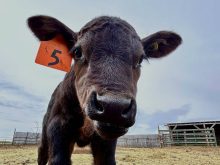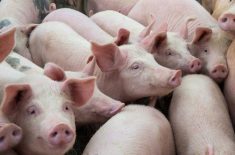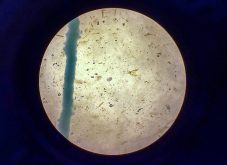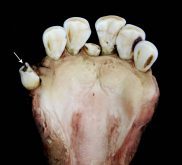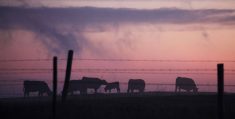A shift in BSE policy at the world animal health organization is said to be positive news for Canada.
A new classification of BSE risk categories and an expanded list of animal products with no risk to consumers were approved at the annual meeting of the World Organization for Animal Health, or OIE, in Paris May 22-27.
Hugh Lynch-Staunton, vice-president of the Canadian Cattlemen’s Association, said this change is positive news for Canada as it faces its third year of live cattle embargos and a restricted beef trade.
Read Also
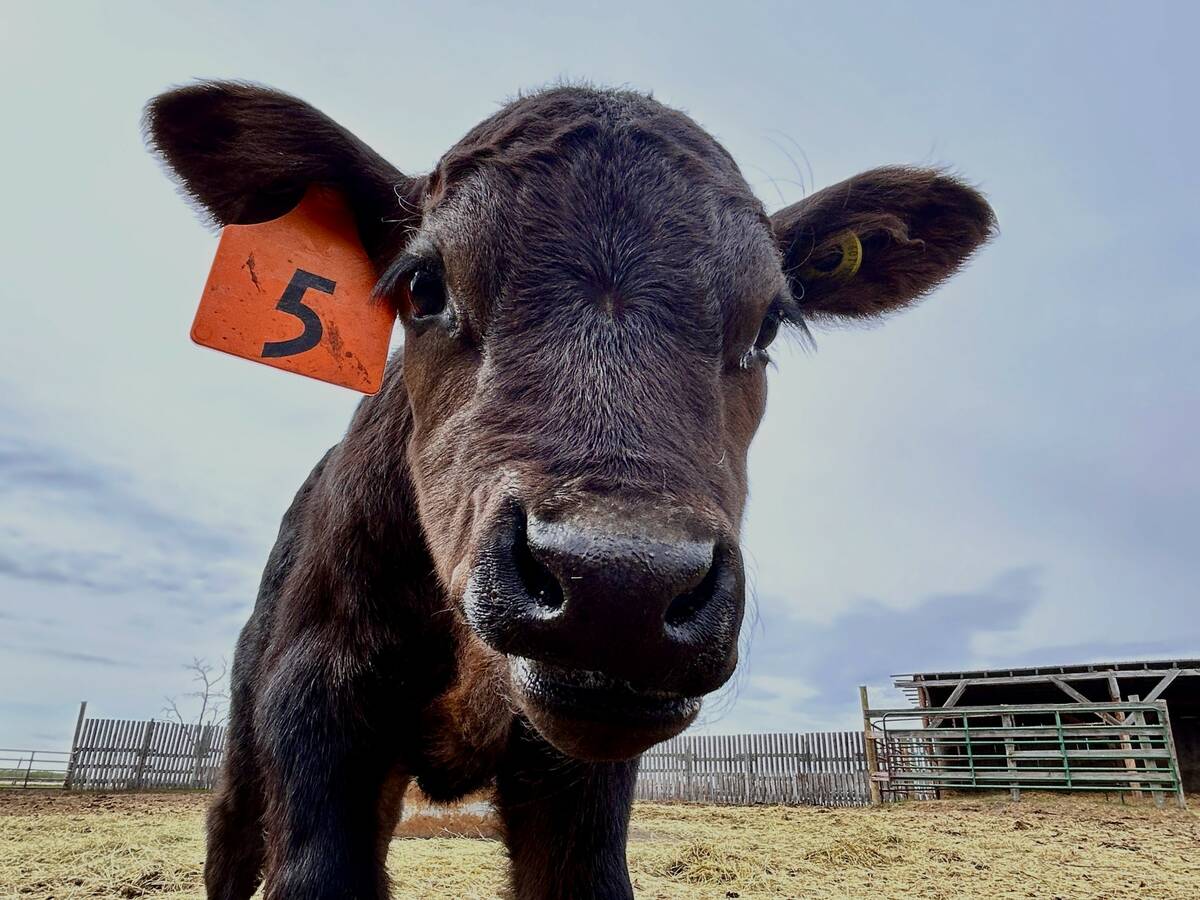
Calf hormone implants can give environmental, financial wins
Hormone implants can lead to bigger calves — reducing greenhouse gas intensity, land use intensity and giving the beef farmer more profit, Manitoba-based model suggests.
The new guidelines could improve Canada’s position later this summer when the United States Department of Justice fights a temporary injunction against livestock imports in a federal court of appeal.
“There is no restriction on boneless beef under 30 months of age as long as SRMs (specified risk materials) are removed and proper slaughter is used. That could be a very important piece of information in the San Francisco court,” he said.
“OIE is a guideline but it does give credibility to the courts.”
Boneless beef from cattle younger than 30 months and some other products can be freely traded without risk to consumers regardless of a country’s BSE status, the OIE said, provided animals are inspected before and after slaughter, SRMs are removed and approved slaughter methods are used.
Canada, the U.S. and other member countries of the OIE with low numbers of the fatal brain wasting disease applied last year to have the five categories of risk reduced to three.
The new categories are negligible, controlled or undetermined risk.
Canada is deemed to have a controlled risk and under the new guidelines it should not matter if a country has a certain number of cases. What is crucial is the controls in place for protection, said Conn Kiley of the Canadian Food Inspection Agency.
Underdetermined risk means a country is likely not doing proper surveillance, he said at the British Columbia Cattlemen’s Association meeting May 28 in Osoyoos.
“For Canada, it is important to find where the U.S. falls,” he said.
Negligible risk means a country must be free of all transmissible spongiform encephal-
opathies, including BSE, scrapie in sheep and chronic wasting disease in deer and elk.
“The U.S. cannot make the statement that it is free of TSEs,” he said. Chronic wasting disease in the ungulate population has been a serious problem there for about 50 years.
It is also expected the number of cases should continue to dwindle as controls are enforced. One of the main controls is enforcing a ban on feeding ruminant-derived protein back to cattle, sheep or other cud-chewing animals.
Kiley said there were holes in Canada’s 1997 feed ban. Some feed supplies could have been left over and fed to livestock in 1998 or 1999, so more cases could appear until the end of next year.
The OIE maintains up-to-date statistics on positive cases worldwide. Statistics on Great Britain are filed separately.
In 2004, excluding Great Britain, there were 655 positive cases. To date in 2005, there have been 104 cases worldwide. Great Britain reported 611 cases in 2004 and confirmed 66 so far this year.





